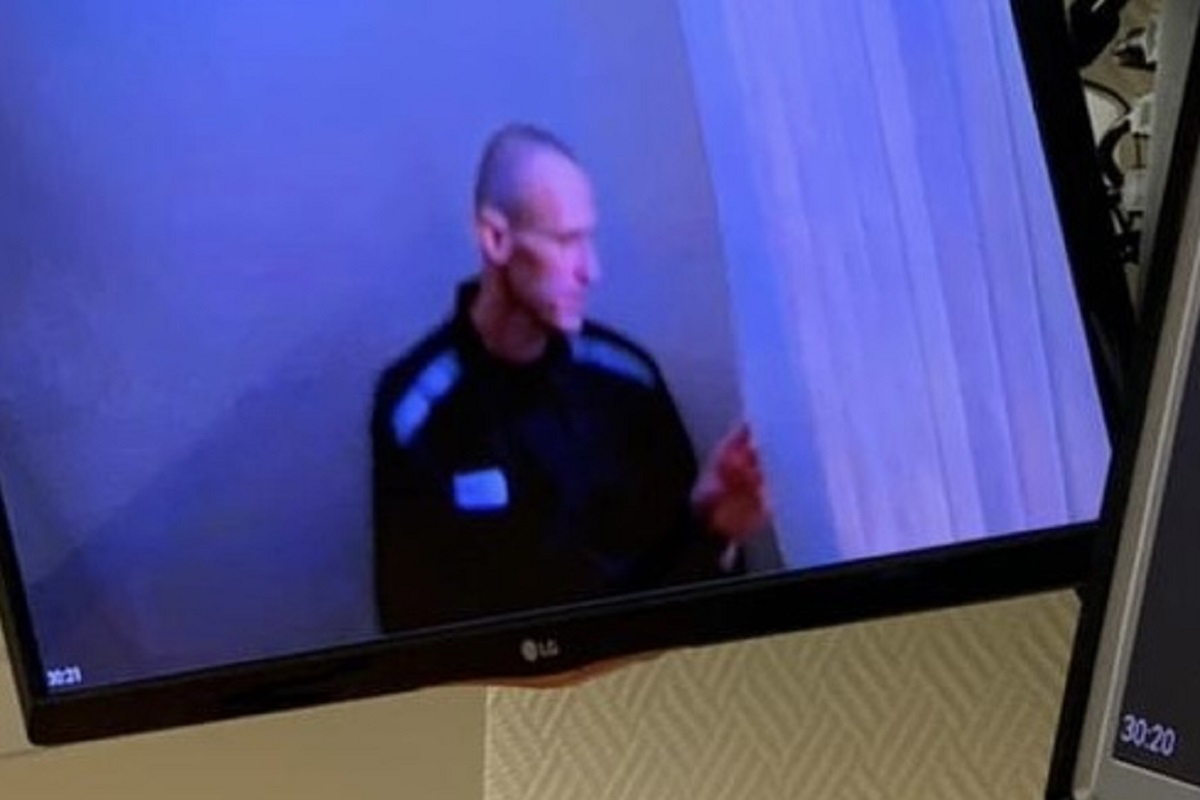The Kremlin has turned the screws further still against the dissident and fiercest critic of the establishment, Alexei Navalny. The sternness of the action comes in the immediate aftermath of the authorities informing the world that he “might die any moment”.
Having shifted him from prison to hospital, the Russian authorities have ordered his offices to suspend their activities pending a court ruling on whether to outlaw them as an extremist group. While this is akin to proceeding from conclusion to premise, it is doubtless a crippling blow to the dissident.
Advertisement
Monday’s injunction from the prosecutor’s office in Moscow was another step in a sweeping crackdown on Navalny and his organizations. The prosecutor’s office petitioned a court earlier this month to label Navalny’s Foundation for Fighting Corruption and network of regional offices as extremist groups.
In the net, the entity has been jolted to its foundations. Should such a label materialise, it would outlaw its activities and expose members and supporters to prolonged prison terms. It is a major challenge for Navalny’s embattled team, with its leader incarcerated and dozens of its members under arrest, targeted in the aftermath of raids by law enforcement entities or facing criminal charges.
The prosecutors also asked a Moscow court to restrict the activities of the foundation by banning it from spreading information to the media, taking part in elections, using banks or organizing public events, according to Ivan Pavlov, a lawyer representing the Foundation. It is a form of censorship reminiscent of the high noon of the pre-1991 Soviet era.
The crackdown is remarkably severe, recalling Navalny’s arrest at Moscow airport on his return from Berlin where he had gone for treatment. He was recovering from a nerve agent poisoning that he had blamed on the Kremlin.
The injunction is “a total travesty of justice and lawlessness once again in Putin’s Russia,” said top Navalny associate Lyubov Sobol. Navalny’s foundation was set up 10 years ago and has since targeted high-ranking Russian officials with exposures on corruption, many in the form of colourful and widely watched YouTube videos.
One of the latest postings, which has received 116 million views, alleges that a lavish palace on the Black Sea shore was built for Putin through an elaborate corruption scheme. The Kremlin has denied there are any links to Putin. Along with the foundation, Navalny had set up a vast network of offices in several regions of Russia when he was campaigning to run against Putin in the 2018 presidential election.
He was eventually barred from contesting, but has retained the infrastructure. The case against Navalny’s foundation and regional offices will be heard by the Moscow City Court behind closed doors. It remains unclear what evidence the authorities have against the organizations, as they have declared the case files a state secret, according to Navalny’s allies. The outlook is grim, as much for Navalny as it is Putin.











